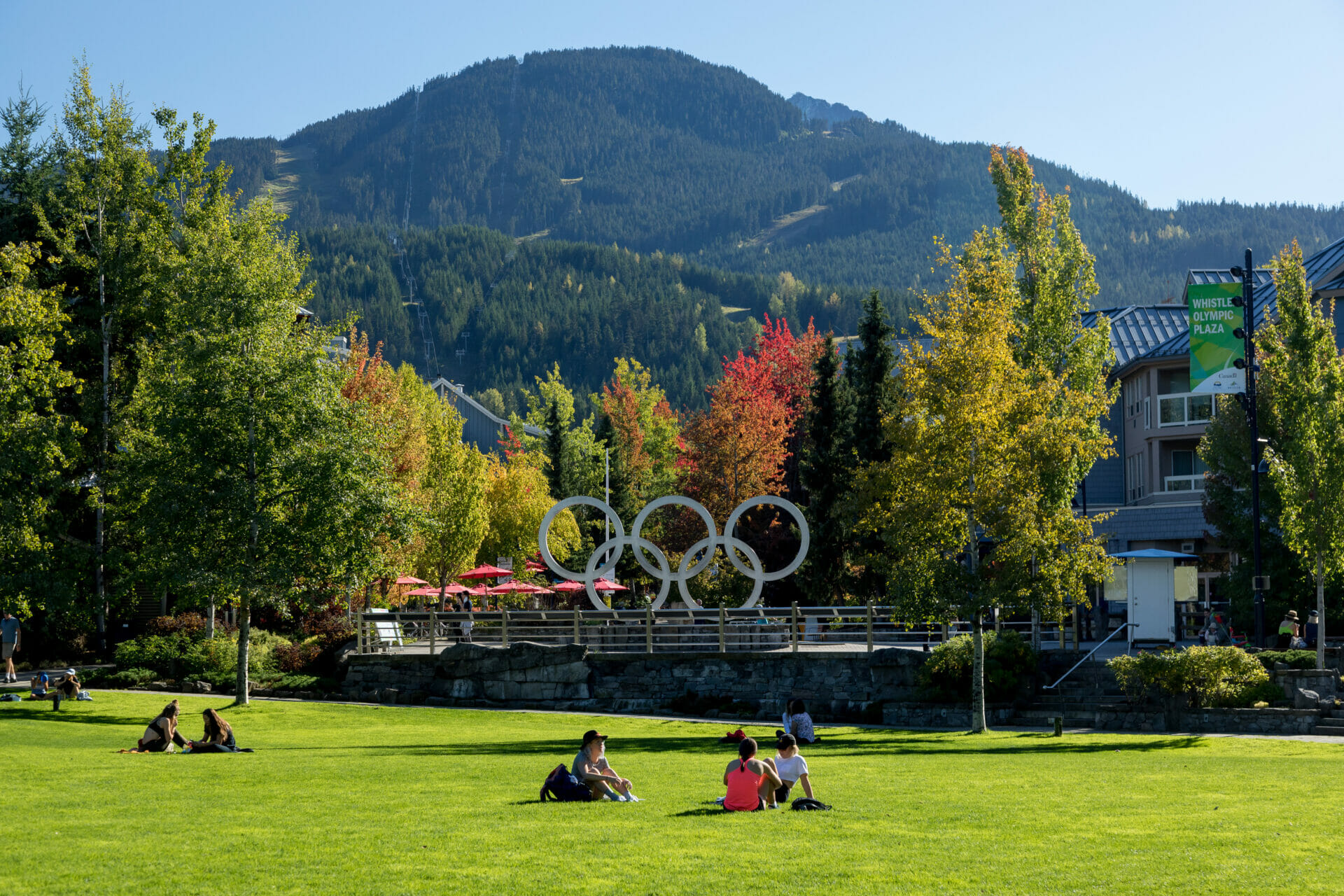Whistler, we need your help to build the municipal budget!
New this year, we have introduced an early input survey which will help us understand the community’s priorities for 2024 and onwards.
This early input will be integral for helping staff prioritize and formulate a budget that balances need and fiscal responsibility.
Share your thoughts at engage.whistler.ca/2024Budget
Be sure to check back on our 2024 Budget page often as we share next steps in the budgeting process and upcoming input opportunities.
New to the world of municipal budgets? We’ve pulled together some helpful info to get you up to speed.
About budgeting
The Resort Municipality of Whistler (RMOW) collects revenues from property taxes, fees and charges to provide programs and services and manage infrastructure such as roads, water and sewer as well as facilities, parks and trails on behalf of the resort community.
The RMOW plans its annual and five-year budgets to manage day-to-day services, operations, projects, and infrastructure investments and to take into consideration the longer-term strategy, challenges and vision for Whistler.
Strong fiscal management remains a foundation of RMOW’s budget process. The budget is developed to manage current demands but is also focused on the longer-term strategy and vision for the community.
Revenue and expenditures
The RMOW receives revenues from several sources including:
• Property and Parcel Taxation (roughly 51% of revenue)
• Grants from external agencies (government, Non-profit organizations)
• Fees for services (recreation fees, parking fees, dog and business licenses, permit fees)
• Development Cost Chargers
• Community Amenity Contributions
• Interest from reserves
• Interest from investments
• Borrowing
Expenditures include:
• Operating expenses (primarily funded by property taxes)
• Capital expenses (primarily funded by reserves, Development Cost Charges, grant funding or borrowing)
• Water & Sewer expenses (primarily funded by user fees and frontage taxes)
• Interest on debt
The municipality is also required to collect taxes on behalf of other agencies. In 2023, the RMOW collected $47.6 million in property tax and $50.2 million that it remitted to these other agencies. The tax rates are set by each of the agencies and not the RMOW.
• Province of BC School Tax
• Squamish Lillooet Regional District
• Sea to Sky Hospital District
• BC Assessment
• Municipal Finance Authority
Additional funding
The Resort Municipality of Whistler receives funding from the Provincial and Federal Governments, in addition to grants from non-profit organizations.
Two of our biggest sources of funding are the Province of British Columbia to support local tourism; Municipal and Regional District Tax (MRDT), also known as the Hotel Tax, and Resort Municipality Initiative (RMI). The amount of MRDT and RMI is based on the number of visitors that stay overnight in Whistler.
For 2023, MRDT and RMI Funding is expected to represent $20 million in revenues. Approximately $10 million stays with the RMOW and the remainder goes towards employee housing (via the Whistler Development Corporation) and Tourism Whistler.
The RMOW also applies for conditional grants (also known as grant competitions) that support various programs and projects such as capital projects, wildfire and emergency management, and plans and studies.
Reserves
Reserves are typically part of an overall strategy for funding operating programs and projects and are an effective tool to support municipal asset management planning; they allow for funds to be set aside to manage assets throughout their lifecycle. Money in RMOW reserves typically comes from budget surpluses, property tax levies or other revenue.
In short, financial reserves are a means to pay for the construction or purchase of assets in the future, and to fund asset depreciation to ensure aging infrastructure can be maintained to continue providing necessary levels of service.
Housing
We are often asked why there’s isn’t a specific line item in the municipal budget for increasing housing in Whistler. Municipal tax money is not spent on employee housing. Rather, the RMOW, through its subsidiary corporations Whistler 2020 Development Corp (WDC) and the Whistler Housing Authority, works to access grant funding to build new housing and puts to work other housing-specific non-tax revenue streams like Municipal and Regional District Tax Program (MRDT) Online Accommodation Platforms and Employee Housing Works & Services charges. The RMOW planning team also works to ensure that an appropriate number of affordable units are delivered as part of any new developments proposed in our community.
The RMOW works with the WDC to secure grant funding, and the RMOW is also responsible for securing loans for construction.
The process
Every fall, the RMOW builds a municipal budget for the coming year. The budget captures the money expected to flow in to (via revenues, taxes and otherwise) and out of (operating and project expenditures) the RMOW in the coming year. The RMOW budget process relies on expertise throughout the organization to identify priority needs and to “cost out” the various services community members expect the RMOW to deliver each year.
The budget is made up of two main components – the operating budget and the project budget.
Provincial legislation does not allow for planned operating deficits (or surplus), and this distinguishes municipal budgeting from other levels of government. The process of developing the municipal budget is a real balancing act!
Save the date!
Join Council and Staff on November 9 as the 2024 budget is presented, along with findings from the early engagement survey. Like last year, we will be holding a lunchtime and evening session. More details to come soon!
Meantime, remember to share your thoughts at engage.whistler.ca/2024Budget and help us build the 2024 municipal budget.

